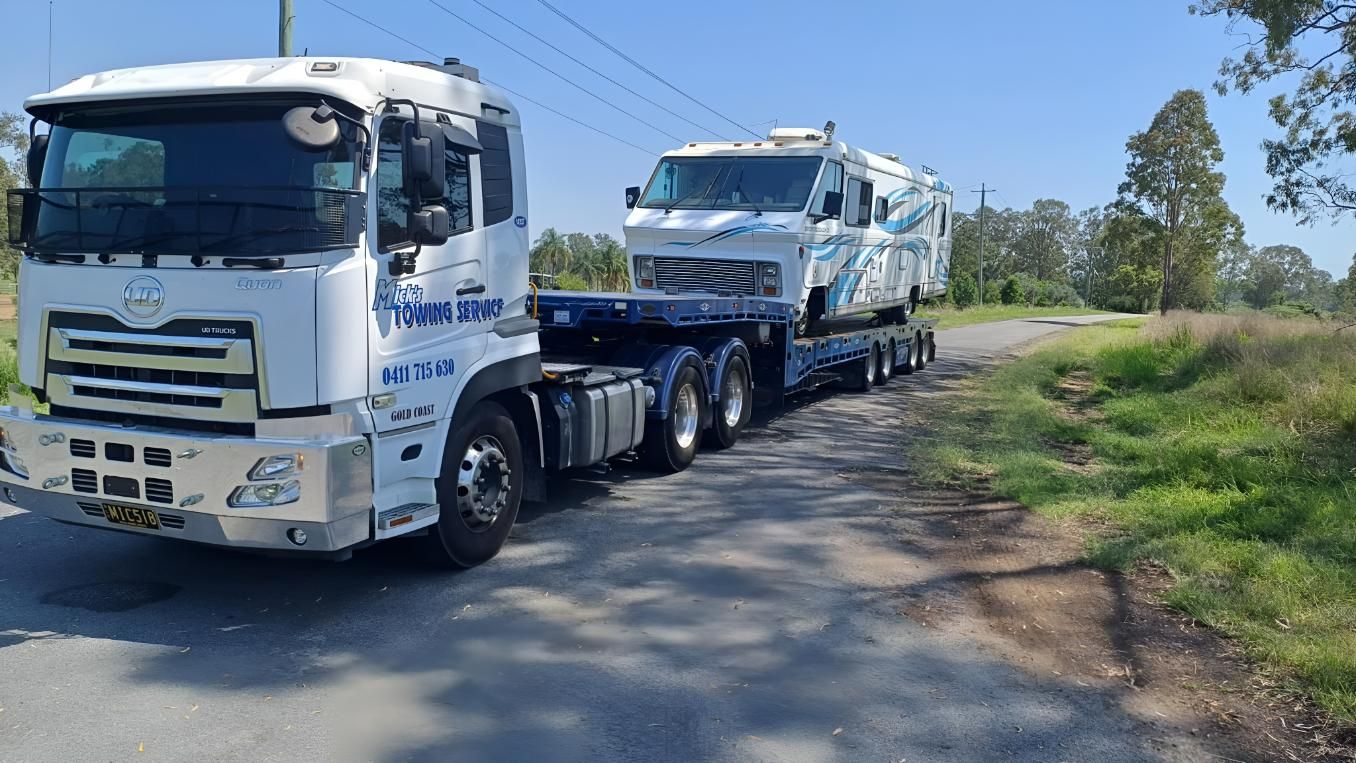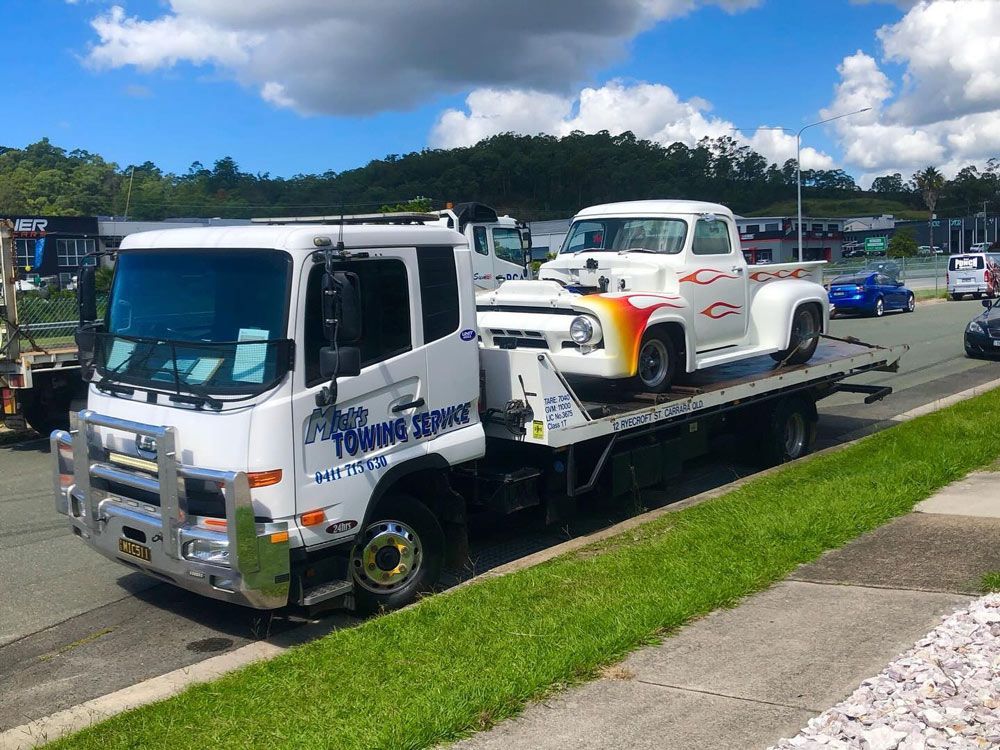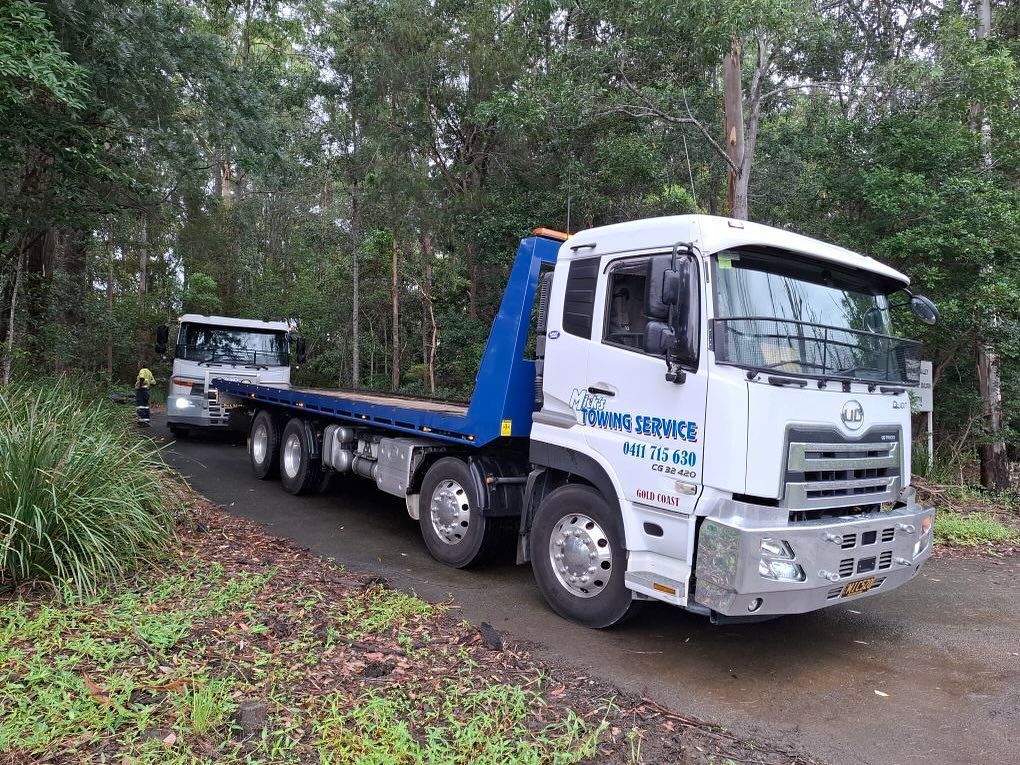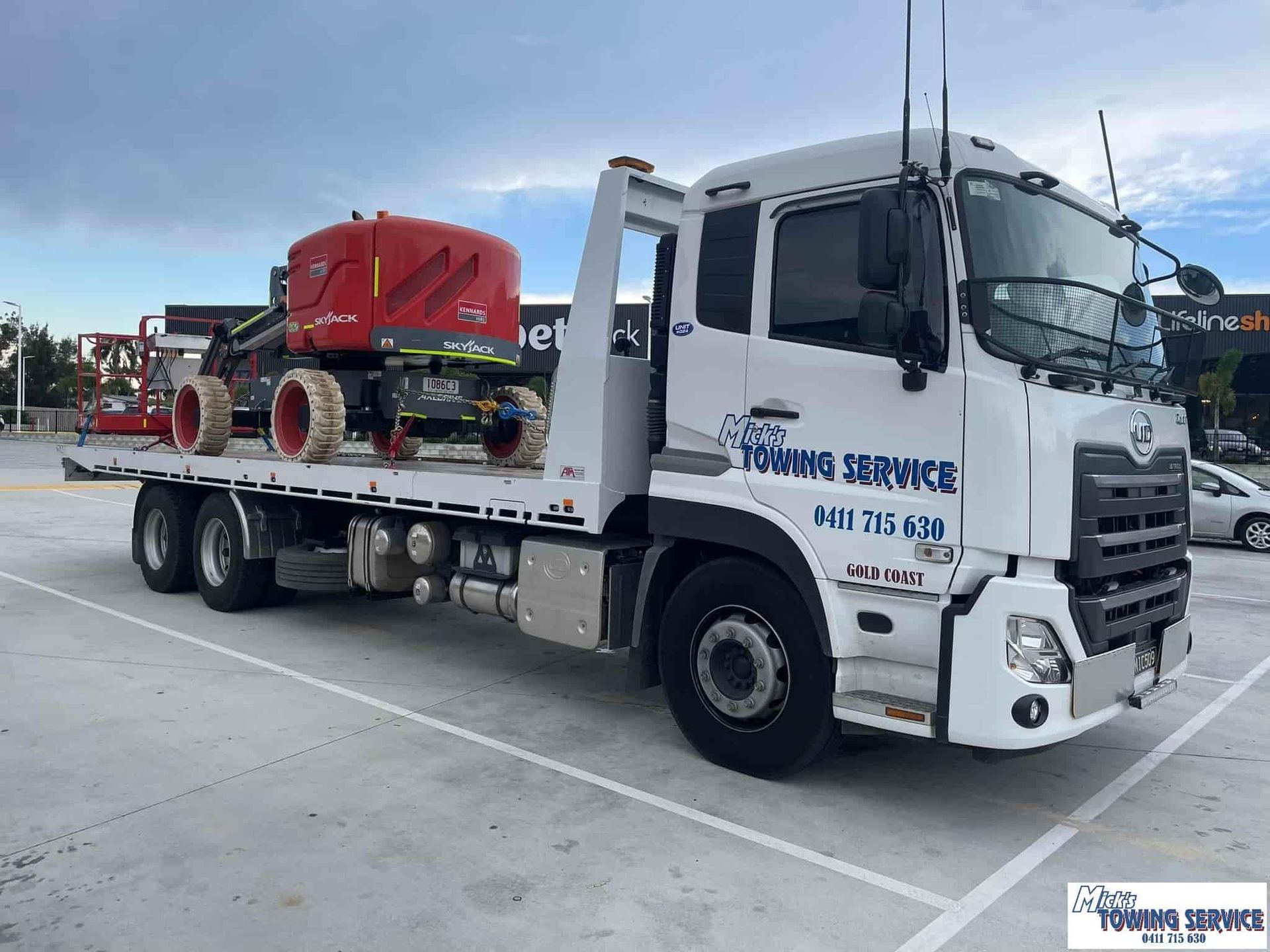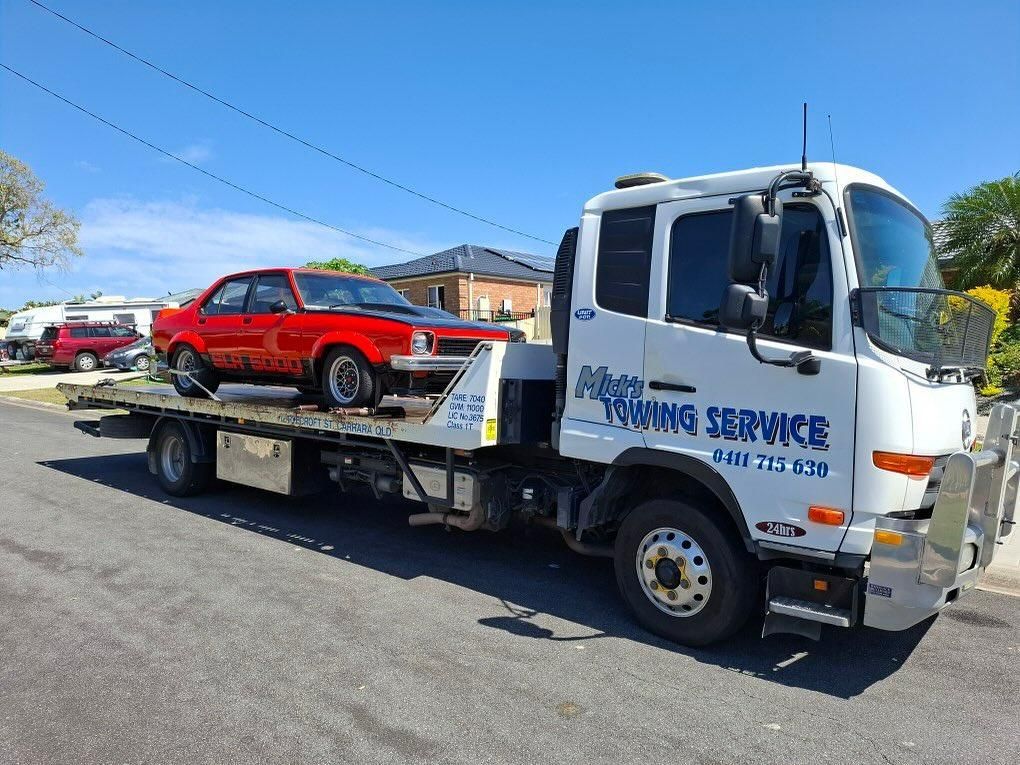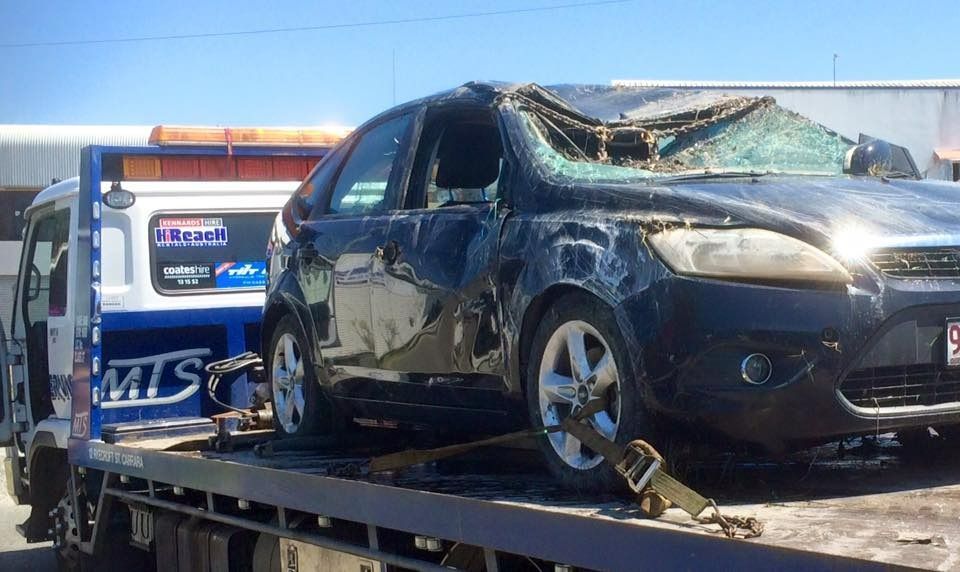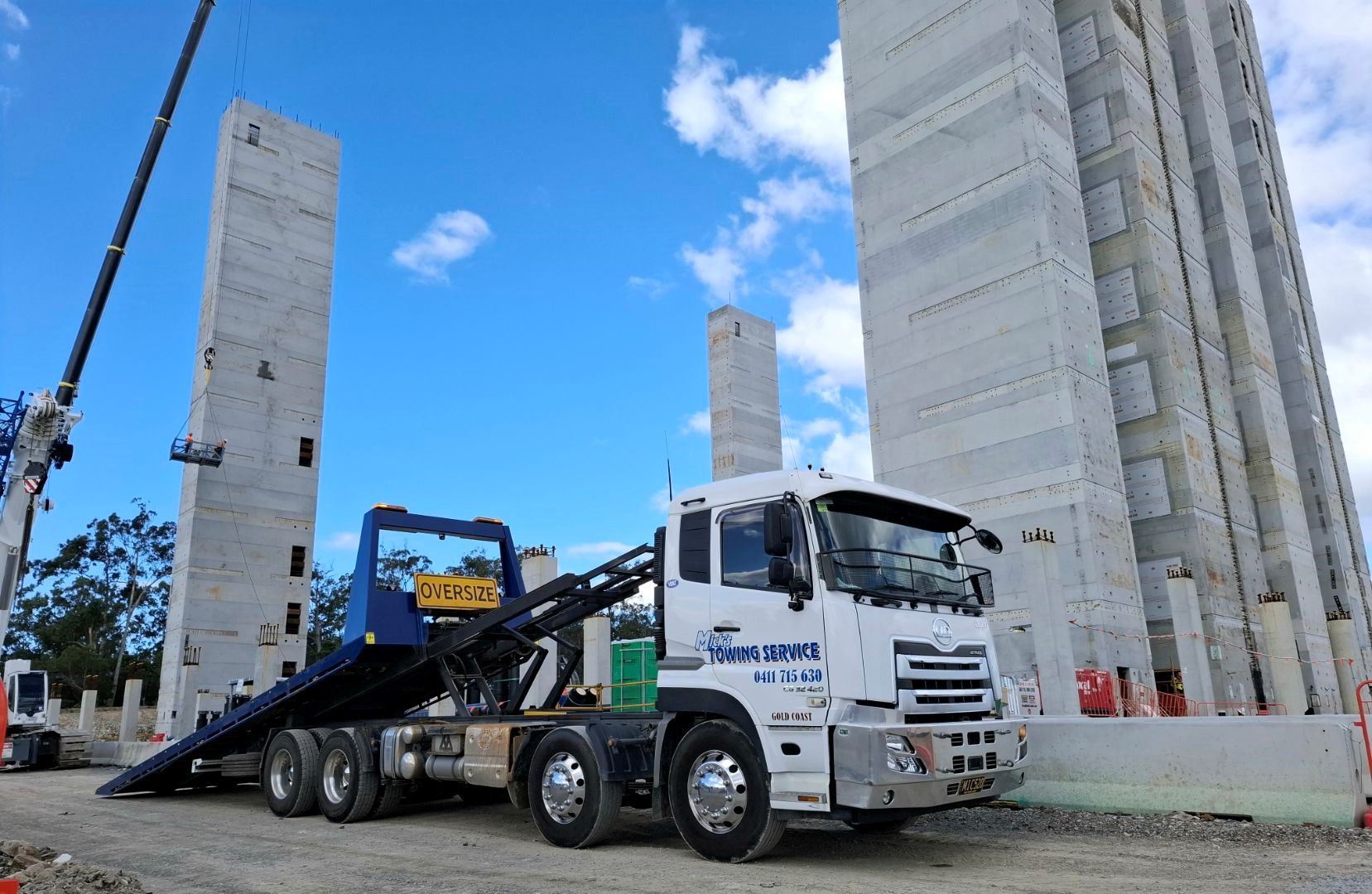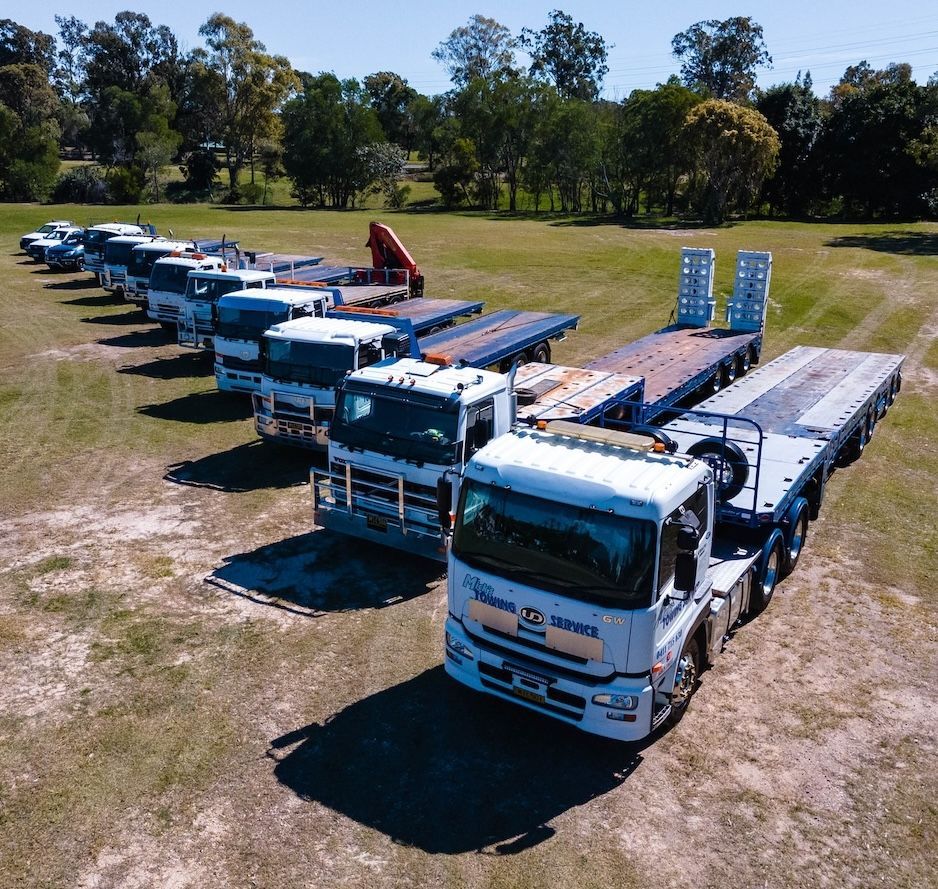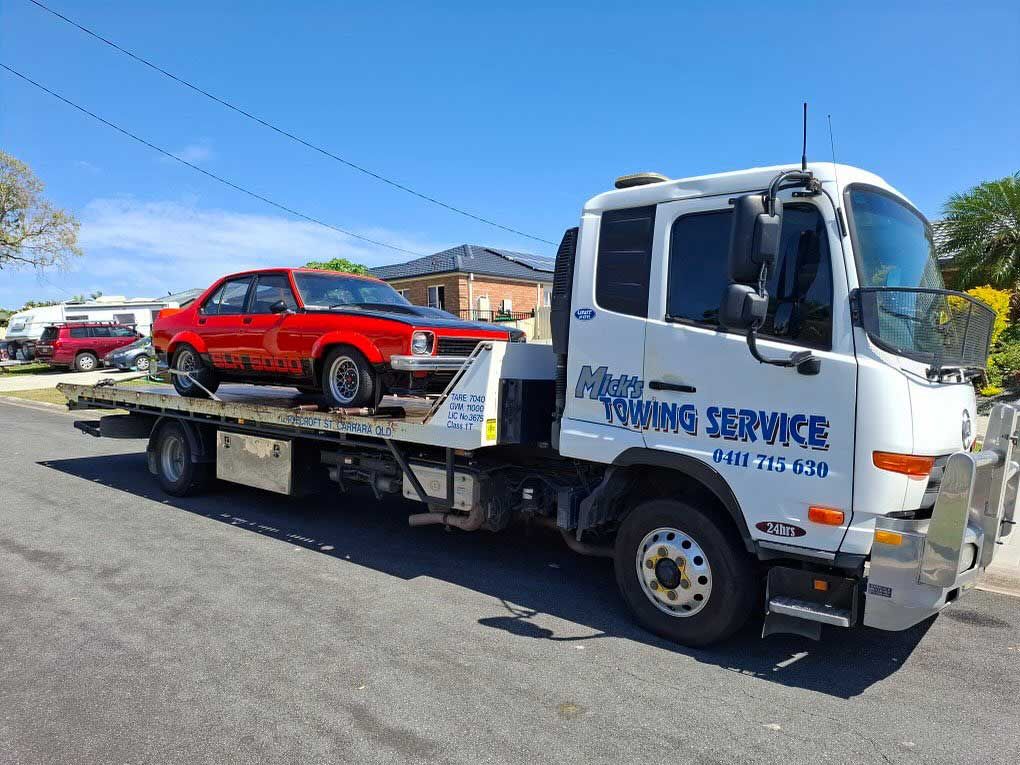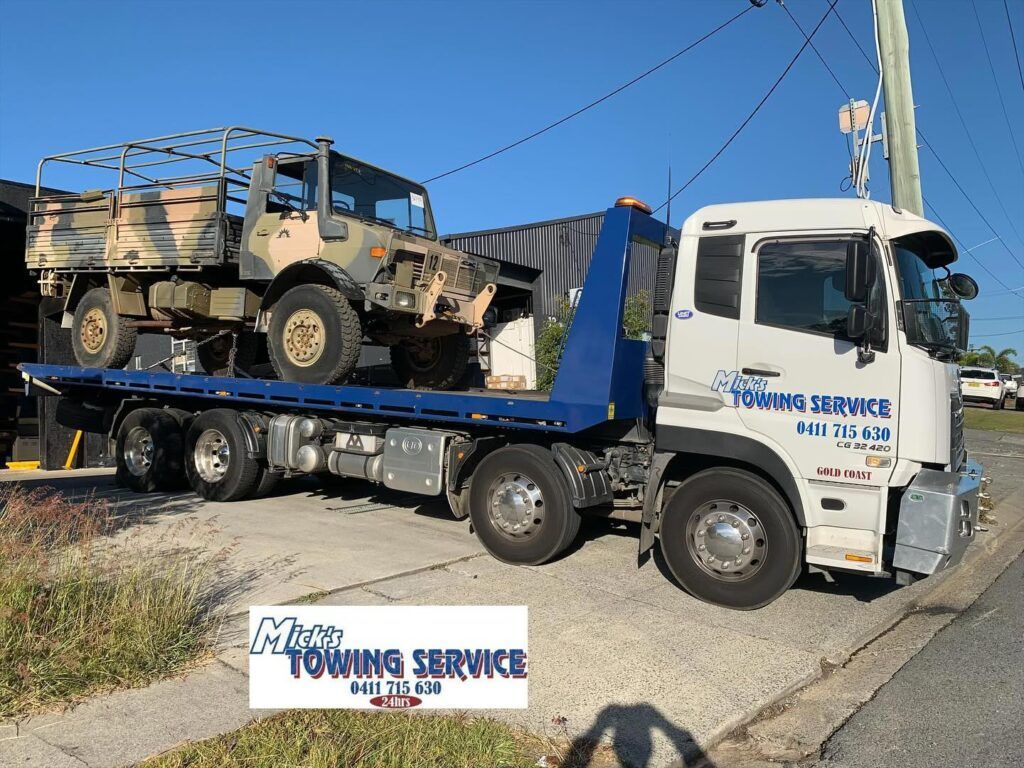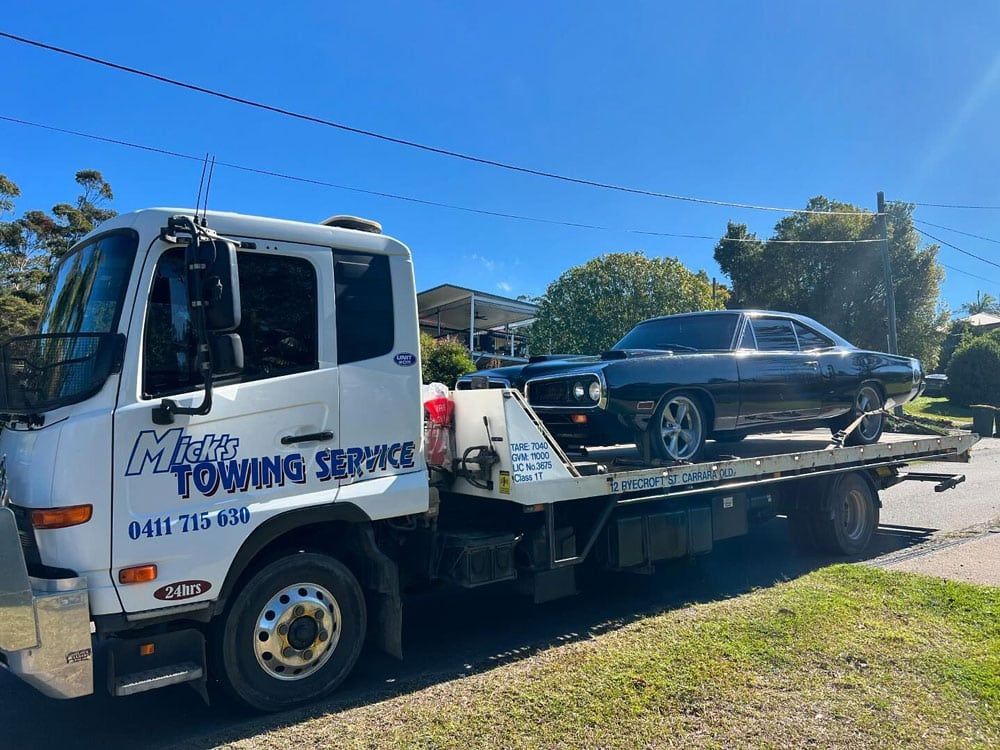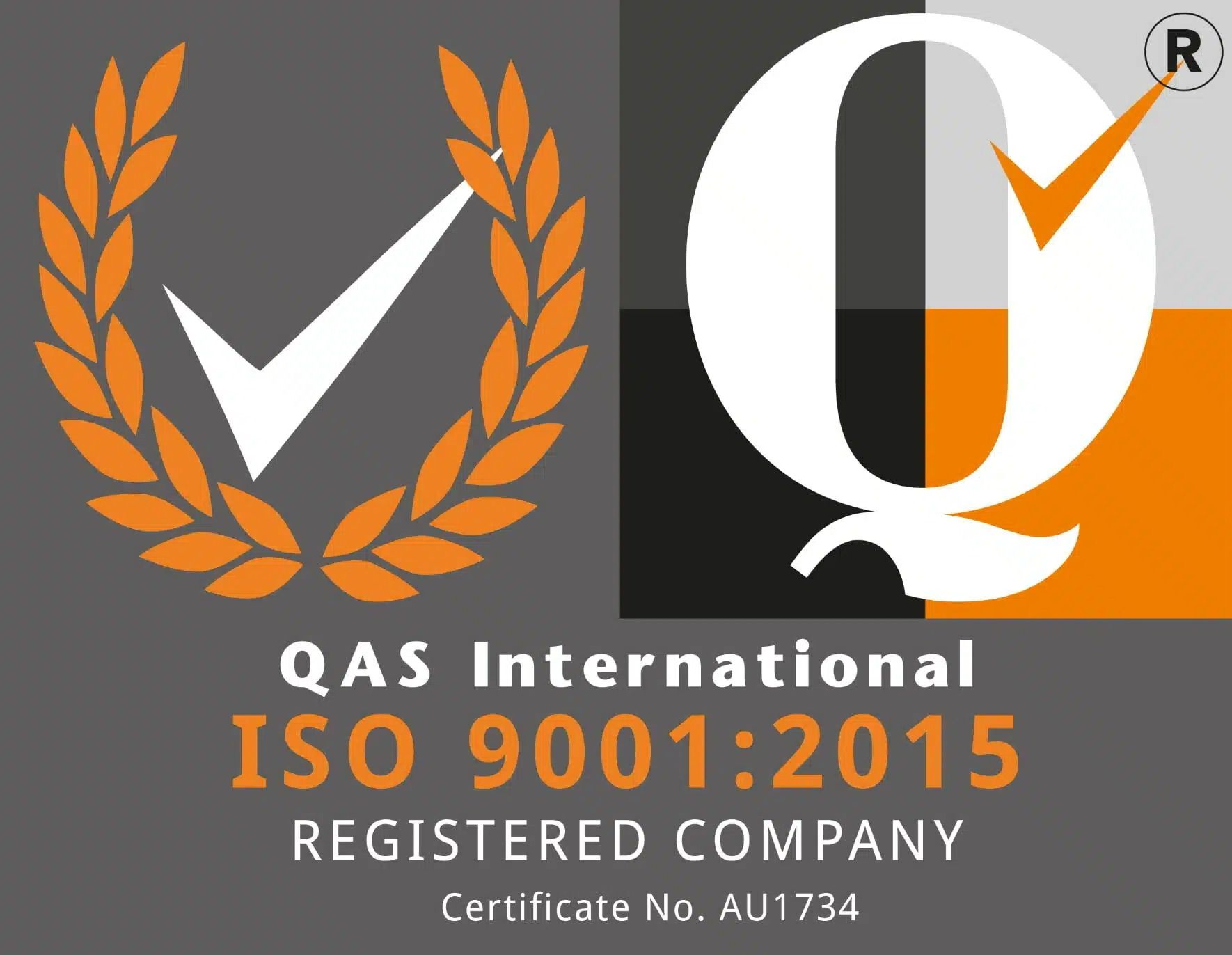8 Common Causes of Heavy Vehicle Breakdowns & How Towing Services Help
Breakdowns involving heavy vehicles are more than inconvenient—they can bring operations to a standstill, create dangerous situations on the road, and lead to costly delays for freight operators and logistics companies. Often operating for long hours under intense loads, these vehicles are exposed to unique mechanical and environmental pressures. That makes understanding the typical causes of breakdowns essential for anyone managing or driving heavy-duty equipment, trucks, or freight fleets.
From engine overheating on regional routes to complex brake failures and accidents, each situation demands a swift, safe, and well-equipped response. That’s where heavy towing services prove invaluable—particularly those equipped to handle oversized loads, off-road recoveries, and emergency relocations.
Below, we outline the most common reasons heavy vehicles break down—and how professional towing services help get things back on track quickly and safely.
1. Engine Overheating on Long-Haul Routes
Heavy vehicles are often tasked with extended hauls through demanding terrain, high temperatures, and stop-start traffic. These conditions place immense stress on engines, especially if cooling systems aren’t up to standard or preventative maintenance has been skipped.
A heavy vehicle engine running too hot can escalate into major engine failure, making continued driving impossible—or even dangerous. In these scenarios, towing services can extract the vehicle quickly and safely, preventing further mechanical damage and disruption to other road users.
Key contributors to engine overheating:
- Low coolant levels or coolant system leaks
- Faulty radiator fans or damaged water pumps
- Clogged radiators or heat exchangers
- Broken or slipping drive belts affecting fan operation
2. Transmission Failures Under Load Stress
The gearbox and clutch in a heavy-duty truck endure intense wear and tear over time. Transmission systems are vulnerable to sudden failure when improperly maintained, frequently overloaded, or used for off-road applications.
These mechanical faults can immobilise the vehicle, leaving it stranded mid-route or in precarious locations. Towing providers with the right equipment and recovery vehicles can relocate these trucks without disruption, even from construction zones or hilly terrain.
Common causes of transmission failure:
- Excessive load beyond rated capacity
- Poorly timed gear shifts causing clutch wear
- Contaminated transmission fluid or oil leaks
- Mechanical damage from prolonged overuse
3. Tyre Blowouts & Wheel Damage on the Road
Even with strict inspection routines, tyre blowouts remain a constant risk for heavy vehicles. With each tyre carrying immense pressure and load, failure can occur suddenly—especially when travelling at speed or during long-distance trips.
Driving becomes unsafe after a blowout, particularly if it causes suspension or steering issues. Heavy towing services can step in with the tools and expertise needed to safely lift or relocate the vehicle, particularly on highways or freight corridors where tyre changes are impractical.
Common causes of blowouts:
- Underinflation or overinflation
- Tread wear from high mileage or poor alignment
- Road debris, potholes, or kerb impacts
- Excessive heat from long-distance travel
4. Brake Malfunctions & Air Brake System Failures
Braking systems in heavy vehicles—especially air brakes—are complex and critical for safety. Any failure in the braking circuit can make it dangerous or impossible to continue driving, often requiring the immediate support of a towing provider.
Towing teams are trained to safely secure and transport vehicles with compromised braking systems, ensuring the situation is managed without further risk to drivers or traffic.
Common air brake issues:
- Moisture build-up causing frozen lines
- Air leaks or pressure drops in the system
- Faulty compressors or worn brake pads
- Cracked or misaligned brake drums
5. Fuel System Blockages or Misfuelling
When fuel problems strike, they can cause anything from sluggish performance to a complete vehicle shutdown. This might happen at the depot, while refuelling, or during operation—especially if fuel quality is poor or incorrect fuel is used.
Heavy vehicle towing professionals are often called in to remove the vehicle safely from the roadside or site, particularly when movement could cause further damage to sensitive fuel injection components.
Common reasons for fuel-related breakdowns:
- Diesel contamination with water, algae, or rust
- Blocked fuel filters or injector problems
- Misfuelling with the wrong type of fuel
- Airlocks from poor tank venting
6. Electrical Faults and Battery Drain in Fleet Trucks
As vehicles become more reliant on electrical systems—from engine starters to GPS and refrigerated units—the potential for battery-related or wiring faults has increased. When these systems fail, they often leave vehicles completely inoperable.
A towing service becomes essential, especially if the vehicle is parked on an incline, at a loading dock, or off-road. Safely recovering a heavy vehicle with a dead battery or failed electronics requires specialised care and equipment.
Key electrical breakdown causes:
- Alternator failure or poor charging
- Damaged or exposed wiring
- Flat batteries from parasitic drain
- Faulty starter motors or relays
7. Road Accidents Involving Heavy Vehicles
Even when properly maintained, heavy vehicles are not immune to road incidents. A simple rear-end collision, jackknife, or load shift can be enough to immobilise a truck. In more severe cases, the vehicle may need to be recovered from a ditch, embankment, or dangerous road position.
Towing services trained in accident recovery have the experience to assess structural damage, coordinate safely with emergency responders, and execute complex winching or hoisting manoeuvres.
Recovery after an accident may involve:
- Multi-point winching to prevent rollover
- Lifting with crane-assisted tow trucks
- Stabilising trailers or loose freight
- Coordinating with authorities to manage road closures
8. Suspension or Axle Damage from Rough Terrain
Heavy vehicles operating in construction, agriculture, or regional logistics often traverse unsealed, uneven, or waterlogged terrain. These challenging environments increase the risk of damage to suspension systems and axles—particularly when the vehicle is heavily loaded or operating outside design limits.
When damage occurs, the vehicle may become unsafe or completely stuck. Heavy towing teams with off-road-capable recovery vehicles are crucial in these cases, especially when access is limited or conditions are poor.
Common terrain-related breakdown causes:
- Broken or bent axles from sudden impacts
- Fractured leaf springs or worn suspension components
- Chassis damage from rocks or site debris
- Bogging in soft soil or mud
Need Reliable Heavy Towing on the Gold Coast?
At Mick's Towing Service, we understand the challenges heavy vehicle operators face. That’s why we offer dedicated heavy towing services for trucks, trailers, buses, and machinery in all conditions—from motorways to mine access roads. Our fleet is equipped for large-scale recoveries, off-road tows, and emergency response situations.
Do you need help now or want to plan your fleet’s contingency support?
Contact us to arrange a consultation or immediate service.




